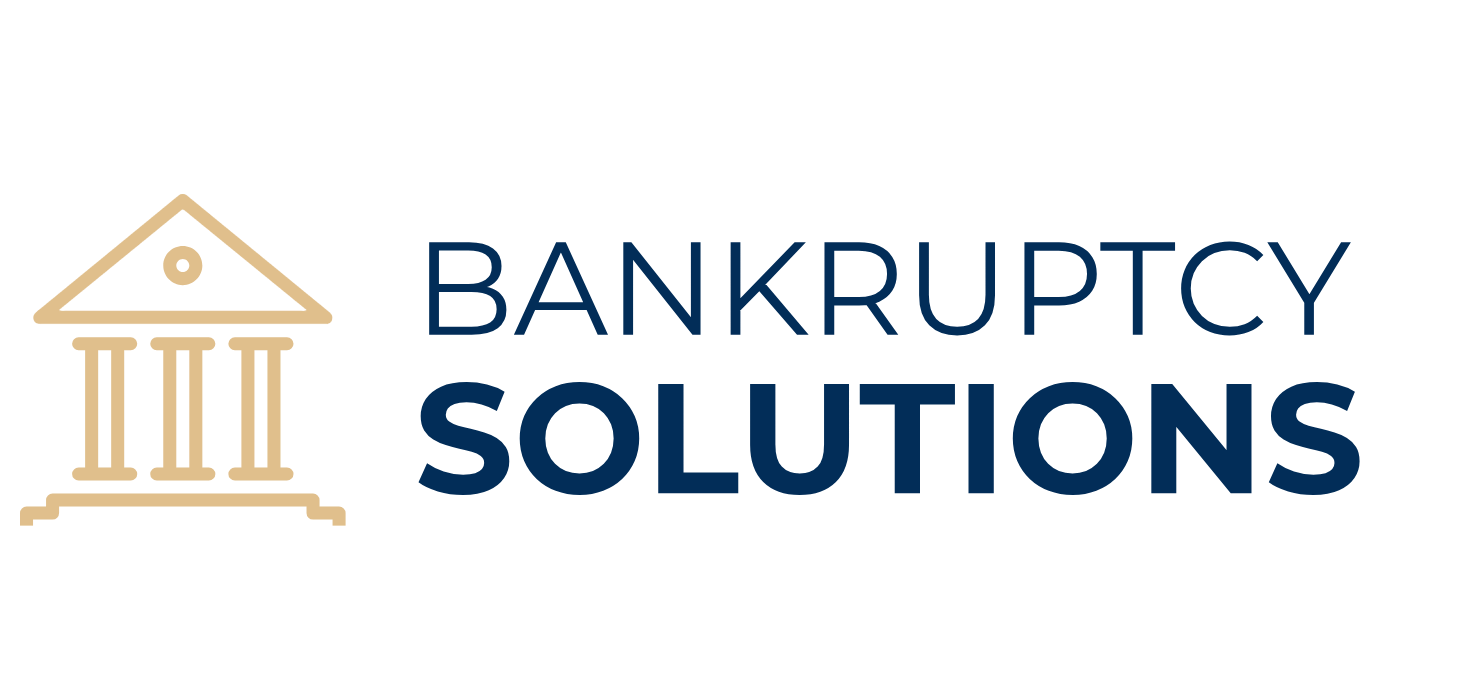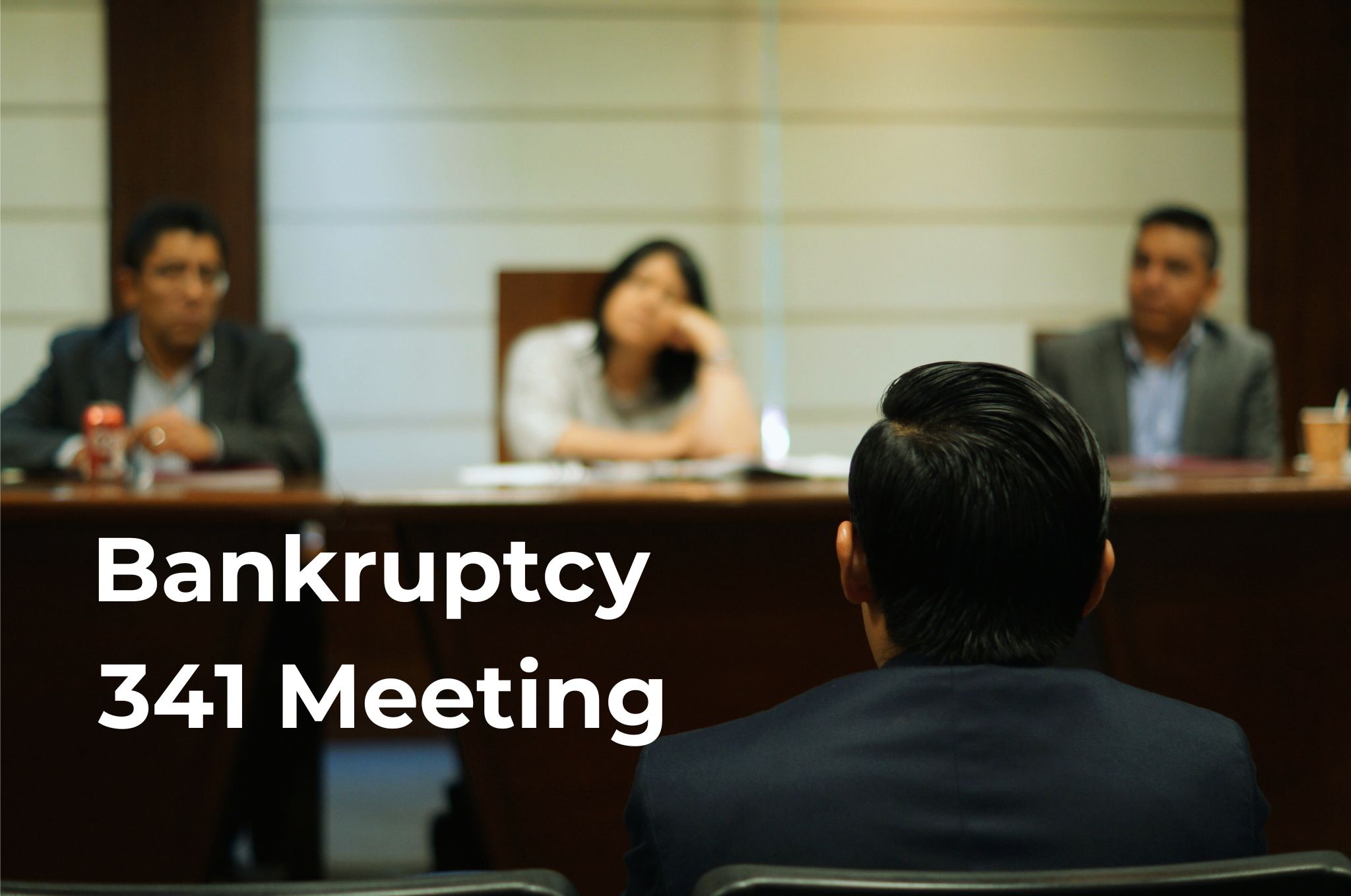The 341 meeting, also known as the “meeting of creditors,” is a mandatory meeting that occurs in every bankruptcy case filed under the U.S. Bankruptcy Code. Named after Section 341 of the Bankruptcy Code, this meeting provides an opportunity for the bankruptcy trustee and creditors to ask the debtor questions about their financial affairs and the documents filed in the bankruptcy case.
What is the Purpose of the 341 Meeting?
The primary purpose of the 341 meeting is to ensure transparency and honesty in the bankruptcy process. It allows the trustee and creditors to verify the accuracy of the information provided by the debtor in their bankruptcy petition and schedules. The meeting is also a platform for identifying any potential issues of fraud or abuse within the bankruptcy system.
How 341 Bankruptcy Meeting Works?
Once a bankruptcy case is filed, the court schedules the 341 meeting, usually within 20 to 40 days. The debtor receives notice of the meeting date, time, and location. During the meeting, the trustee administers an oath and asks the debtor a series of questions. Creditors may also attend and ask questions, although their presence is not mandatory.
What Happens if I Don’t Come to My 341 Meeting?
Attendance at the 341 meeting is mandatory. If a debtor fails to attend, the trustee can request the court to dismiss the bankruptcy case. Missing the meeting without a valid reason can lead to severe consequences, including losing the protection of the automatic stay, which halts all collection actions against the debtor during the bankruptcy process.
When Does a 341 Meeting Take Place?
A 341 meeting of creditors typically takes place about 20 to 40 days after the bankruptcy petition is filed. The exact timing can vary based on the local bankruptcy court’s schedule and the specifics of the case. The court will notify the debtor of the scheduled date, and it is crucial for the debtor to attend as instructed.
Who Is Present at a 341 Meeting?
At a meeting, the following parties are generally present:
- The Debtor: The individual or entity who has filed for bankruptcy.
- The Bankruptcy Trustee: The appointed official responsible for overseeing the bankruptcy case.
- Creditors: While not required to attend, creditors have the right to appear and ask questions.
- Debtor’s Attorney: If the debtor has legal representation, their attorney will be present to provide support and guidance.
- Court Reporter or Recording Device: To record the proceedings, ensuring there is an official record of what was discussed.
How to Prepare and What to Bring to the Hearing?
Preparation for the 341 meeting is crucial. Debtors should:
- Review their bankruptcy petition and schedules thoroughly.
- Ensure all documents are accurate and up-to-date.
- Bring a government-issued photo ID and Social Security card or proof of their Social Security number.
- Prepare to answer questions about their financial history, debts, assets, income, and expenses.
Common documents to bring include:
- Recent pay stubs or proof of income.
- Recent bank statements.
- Tax returns from the last two years.
- Any other documents requested by the trustee.
What Questions Do They Ask in Bankruptcy Court?
During the 341 bankruptcy meeting, the trustee will ask the debtor a series of questions to verify the accuracy of the information provided. Common questions include:
- Have you reviewed your bankruptcy petition and schedules?
- Are there any errors or omissions that need to be corrected?
- Did you list all of your assets and debts in your bankruptcy documents?
- Have you transferred any property or given gifts to anyone in the past year?
- Are you expecting any inheritance or settlement payments?
Creditors, if present, may also ask questions to clarify specific debts or transactions.
What Comes After the Bankruptcy 341 Meeting?
After the arrangement several outcomes are possible:
- Trustee’s Report: The trustee will file a report indicating whether there are any assets to be distributed to creditors or if the case should proceed as a “no-asset” case.
- Objections: Creditors or the trustee may file objections to the debtor’s discharge or specific exemptions claimed by the debtor. These objections need to be resolved before the case can proceed.
- Discharge: If there are no objections or other complications, the debtor will receive a discharge order, which legally eliminates qualifying debts.
- Additional Hearings or Requirements: In some cases, the court may schedule additional hearings, or the debtor may need to fulfill certain requirements, such as completing a financial management course.
The 341 meeting is a pivotal step in the bankruptcy process, setting the stage for the debtor’s financial fresh start. Proper preparation and understanding of what to expect can help ensure a smooth and successful meeting.

